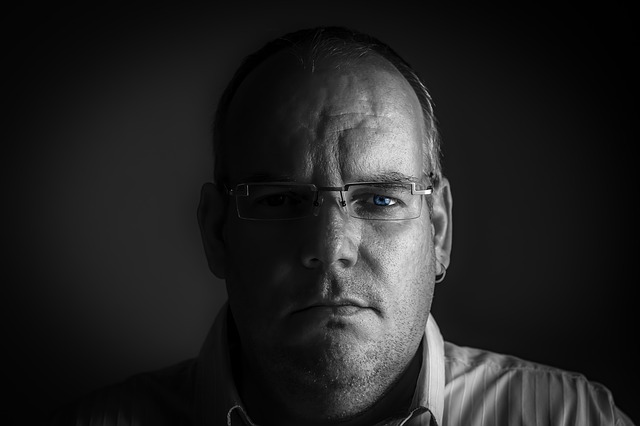We are naive to believe that principle and rationality determine human conduct, and when properly educated, persons are accountable. We punish for conscious deception, fraud, and malicious intent. Otherwise by consensual agreement and common law, persons are not held accountable for unintended consequences. In a sense, the law has facilitated in rendering unconscious the evil that persons and professions do in the name of good.
Persons and professions are in the business of maintaining a charade and public posture of good intent while, in fact, persons and professions feed their narrow interests, defined as their advantage materially and socially –in terms of money and power. This is true for the medical profession (unnecessary operations), the hospital system (unnecessary stays, overcharging), psychology (multiplication of disorders, fostering dependency), social work (petty power), politicians (obvious examples), military (cost overruns), education (loans for students), religion (pedophile priests), lawyers (obvious examples), business (tobacco, multiple examples). This occurs at the personal, professional, and social level (US involvement in wars and conquests).
As for the last example, society expects that business operates to maximize its advantage, and so moral expectations for business are less than the moral expectations for professions. However, the morality of the professions is no greater, and the deception is larger.
Members of professions and governments collude to not recognize the “unintended effects” perpetrated by other professionals (and governments) as a conscious or unconscious, quid pro quo agreement.
As societies increasingly evolve to “service based” economies, the impact of delusion upon individual members increases and amplifies. In a society where economy was based upon material production, the material product could be examined and its quantity, quality or craft could be evaluated in relation to need or aim. But in service based economies, the value of a service increasing relies upon the rationales of professionals and specialists who vouch for the benefit of their services within a system of transactions or relations that professionals or specialists have themselves defined.
Professions, specialists, and governments engage in policies and actions, and construct theories that are self-serving. This is Foucault’s thesis, but he is content to demonstrate this for institutionalized inmates of insane asylums. In fact, this is ubiquitous. In his classic sociological analysis, The Power Elite, C.Wright Mills describes how rationales may be employed to disguise intention and manipulate opinion. Niccolò Machiavelli’s The Prince lays out game plans for the unadorned wheeling of power by elites, with lessons for corporations and professions.
Actions are rarely morally pure. The most virtuous action has its downside. The saving of a life may simply prolong suffering. Moral actions have a moral double effect. On the one side, good; on the other side, not so good. A check for double effect is to investigate what is one’s personal advantage, professional advantage, or group advantage to act in such and such a way or to accord with such and such theory?
The question is how does one become conscious of the moral dark side? Psychoanalysis may succeed in making the individual conscious of their self and their relations with others. But does it matter much if one’s values are skewed? A shift in values usually only occurs through experience and reflection motivated by the recognition that one’s values need fixing.
Values are entrenched and deeply defended because they appear so fundamental and seem to serve as the lynch pin for action and rationalization of motivation.
Getting aware of the evil that one does or endorses by virtue of professional, political, or group membership may be facilitated by:
- Placing primary importance on principles that address “unintended consequences”, i.e. “At first do no harm”;
- Taking the role of the other, in particular, the person or group affected;
- Attending to extra-professional source material relevant to one’s profession that arises outside one’s specialization. For example, the drama One Flew Over the Cuckoo’s Nest may have played a role in dismantling the hospital system for the insane. An old establishment was disposed (or was it?) and was replaced by a new establishment, but did the mentally compromised benefit? Did society benefit? Clearly many mental health professionals did.
Personal advantage itself is not evil. In classical economics, advantage arises from exchange –and, often, the self and other are benefited. What is evil is when personal advantage arises through jeopardy or injury to other people’s welfare. It is this later form of advantage that is so common in politics and among the professions. I do not know if I would so much call it “advantage” as I would call it evil, pure and simple.
Consider a mandatory checklist system: Examine the potential benefit and costs of any policy to the public, to the profession, to the culture. Ask the question whenever an assertion of cost or benefit is projected, what is the basis? Is it a conjecture or a scientific finding?
